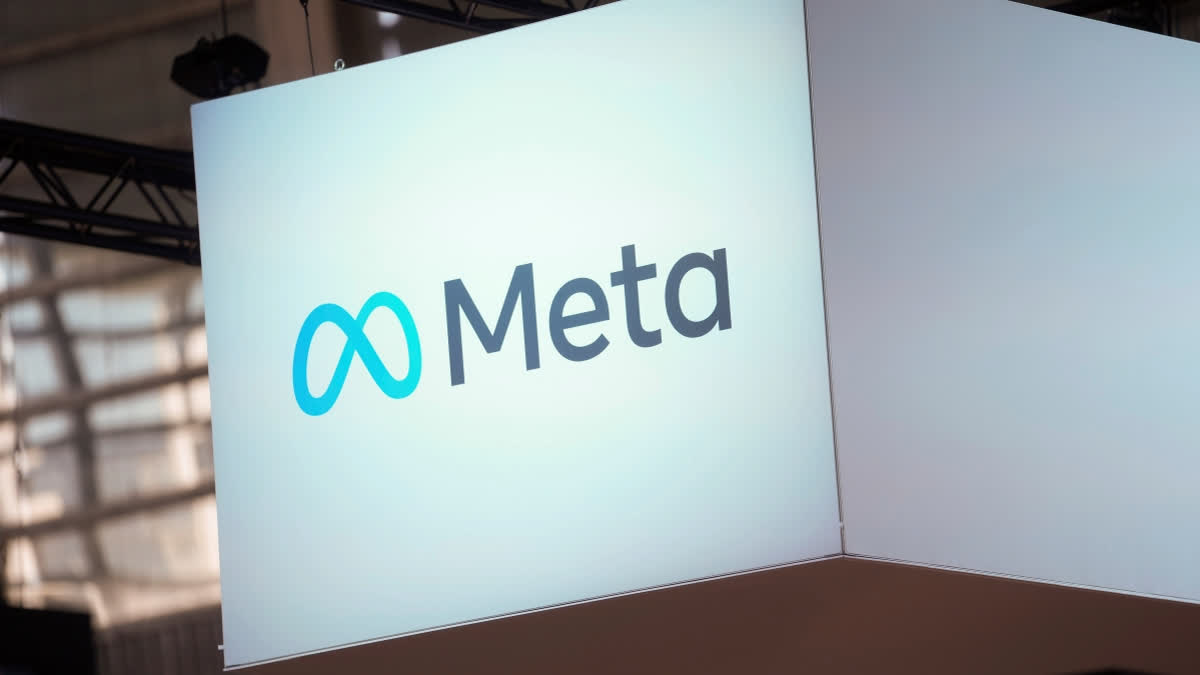Hyderabad: Instagram and Facebook's parent company Meta is adding some new parental supervision tools and privacy features to its platforms as social media companies face increasing scrutiny over their effects on teen mental health. But many of the features require minors — and their parents — to opt in, raising questions about how effective the measures are. Instagram, for instance, will now send a notice to teens after they have blocked someone, encouraging them to let their parents “supervise” their account. The idea is to grab kids' attention when they might be more open to parental guidance.
If a teen opts in, the system will let parents set time limits, see who their kid follows or is followed by, and allows them to track how much time the minor spends on Instagram. It does not let parents see message content. Instagram launched parental supervision tools last year to help families navigate the platform and find resources and guidance. A sticking point in the process is that kids need to sign up if they want parents to supervise their accounts. It's not clear how many teen users have opted in and Meta has not disclosed any numbers.
Such supervision allows parents to see how many friends their child has in common with accounts the child follows or is followed by. So if the child is followed by someone none of their friends follow, it could raise a red flag that the teen does not know the person in real life. This, Meta says, “will help parents understand how well their teen knows these accounts, and help prompt offline conversations about those connections.”
Meta is also adding parental supervision tools already available on Instagram and on virtual reality product to Messenger. The opt-in feature lets parents see how much time their child spends on the messaging service and information such as their contact lists and privacy settings — but not who they are chatting with, for instance. Such features can be useful for families in which parents are already involved in their child's online life and activities. Experts say that's not the reality for many people.
